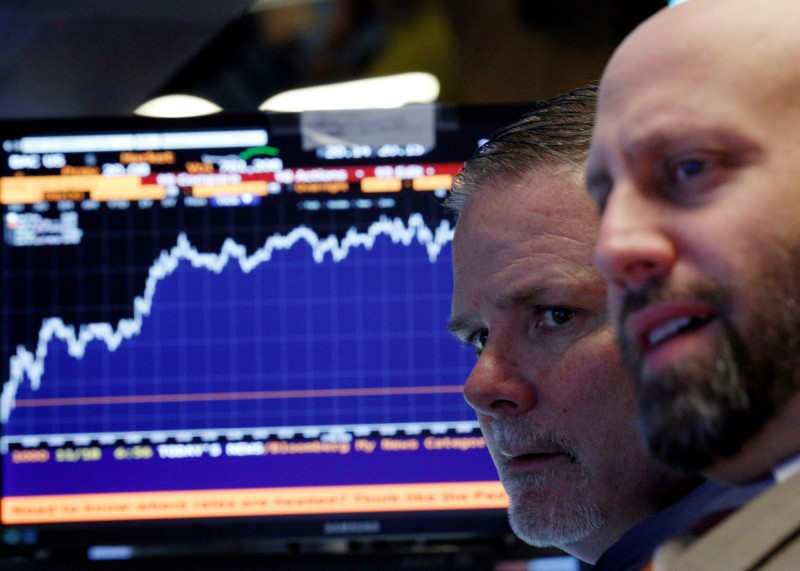By Lewis Krauskopf
NEW YORK (Reuters) - Arguing over politics is a Thanksgiving Day tradition, but Donald Trump's presidential election adds a new twist to any bickering at next week's holiday dinner table: What the new U.S. government could mean for your stock portfolio.
Trump's shock victory last Tuesday sent investors scrambling to change bets predicated on a win by Hillary Clinton, leading to huge stock increases in industries including banks, biotech and construction.
The Dow Jones industrials rallied for seven days and set new record highs, while the S&P 500 and Nasdaq Composite also were near all-time peaks.
After the initial repositioning from the Trump trade, however, investors may require details or clarity about tax-cutting or spending plans from the new administration to keep momentum going in those stocks.
"As news comes out in terms of who fills what positions and the likelihood of different legislative and executive initiatives ... that has the potential to have an impact on the market," said Bucky Hellwig, senior vice president at BB&T (NYSE:BBT) Wealth Management in Birmingham, Alabama.
Trading volume is expected to be sparse next week around Thursday's Thanksgiving market holiday and Friday's shortened session, so reactions to political events, such as Trump revealing more cabinet nominees including for Secretary of Treasury or State, could spark an outsized move in equities.
Investors have bid up an array of sectors based on hopes for what a Trump administration will do. The KBW Bank index (BKX) has climbed about 14 percent since the election on expectations of fresh fiscal spending leading to inflation and higher interest rates, as well as of a rollback of financial regulations.
Industrials on the S&P 500 (SPLRCI) gained 5 percent, including increases of 10 percent or more for some construction and defense stocks, amid excitement over potential new spending.
"The full expectation is that there will be a healthy stimulus package coming out of Washington in 2017," said Alan Gayle, director of asset allocation at RidgeWorth Investments in Atlanta.
"If there is some event that suggests that that thinking is premature, then this market is going to correct itself very quickly," Gayle said.
Investors may take advantage of the surprise runs to lock in gains for their portfolios, with the year nearing an end, said Quincy Krosby, market strategist at Prudential Financial (NYSE:PRU) in Newark, New Jersey.
"You are going to see profit-taking," Krosby said. "We are watching whether or not there is going to be buying on the dip, particularly in financials and industrials, that then would suggest a secular move as opposed to a post-election one-off."
Nasdaq-listed biotech shares (NBI) have surged nearly 9 percent since the election amid relief that Clinton's plans to rein in prescription drug prices will not come to pass.
Biotech stocks still have room to rise, given the prospect of healthcare deregulation under Trump, Ethan Lovell, co-portfolio manager of the Janus Global Life Sciences fund, told Reuters in an interview this week.
But Josh Brown, chief executive of Ritholtz Wealth Management, said Trump could still seize on high drug prices as a populist issue, and that it was generally uncertain what the president-elect will do.

"People are doing these ridiculous trades and writing these research notes about how to invest under a Trump presidency," Brown told the Reuters Global Investment Outlook Summit. "You have no idea what he is capable of."